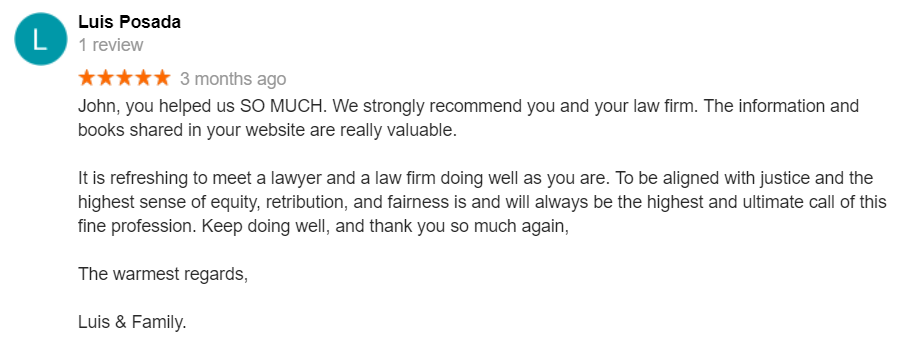Car Accident Claims FAQ
What is the Minor Injury Cap?
If you’re injured in a car accident that is caused by someone else, you have the right to be fully reimbursed, either through insurance or by filing a car accident claim, for any financial losses you suffer as the result of the accident. This includes property damage to your car, medical treatment, rehabilitation, and lost income. If you were injured, you may also be eligible to receive compensation for your pain and suffering.
Minor Injury Cap in Car Accident Claims
Nova Scotia has a law that limits compensation for injuries that are considered to be “minor” under the legislation. When an injury is considered to be minor under the law, pain and suffering compensation is limited to a maximum of $7,500.00 (plus inflation). It’s important to note that the cap is only on nonmonetary losses such as pain and suffering. Actual out of pocket losses, such as income loss and medical bills, are not subject to the cap.
The minor injury cap for Nova Scotia is adjusted each year for inflation, and it is currently set at $8,352 for 2015.
What is a Minor Injury?
In Nova Scotia, the legal definition of a minor injury includes sprains, strains, and certain types of whiplash associated disorder.
Whiplash associated disorder (WAD) is when connective tissue or muscles are injured by the forces of acceleration or deceleration in an accident. There are four levels of WAD injuries: Level one and level two injuries are considered minor injuries, while level three and level four injuries are not.
Level three WAD injuries result in neurological signs such as reduced or missing deep tendon reflexes, weakness, or loss of feeling. Level four WAD injuries include any fracture or dislocation of the spine.
Even if an injury meets the definition of a minor injury, it may not be subject to the minor injury cap if it results in serious impairment. A serious impairment is a substantial inability to perform the following:
- Essential duties of your employment;
- Essential duties of your education or job training;
- Your normal activities of daily living.
The burden of proving a serious impairment is on you, the plaintiff. Asking the courts to exercise an exception to the law is not an easy task, and requires careful presentation of medical evidence to ensure that the legal burden of proof is satisfied. If you are thinking about seeking an exception to the minor injury cap or filing a claim for pain and suffering, it can be useful to discuss your claim with an experienced personal injury lawyer before taking any action.
Reviews











